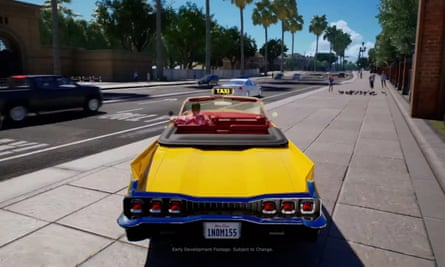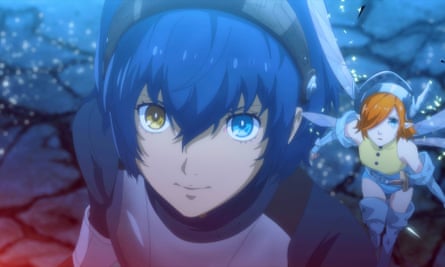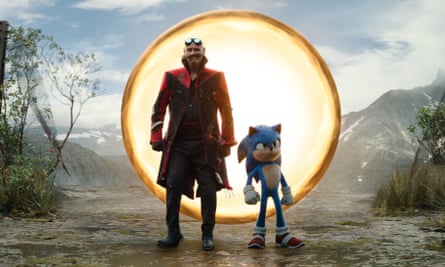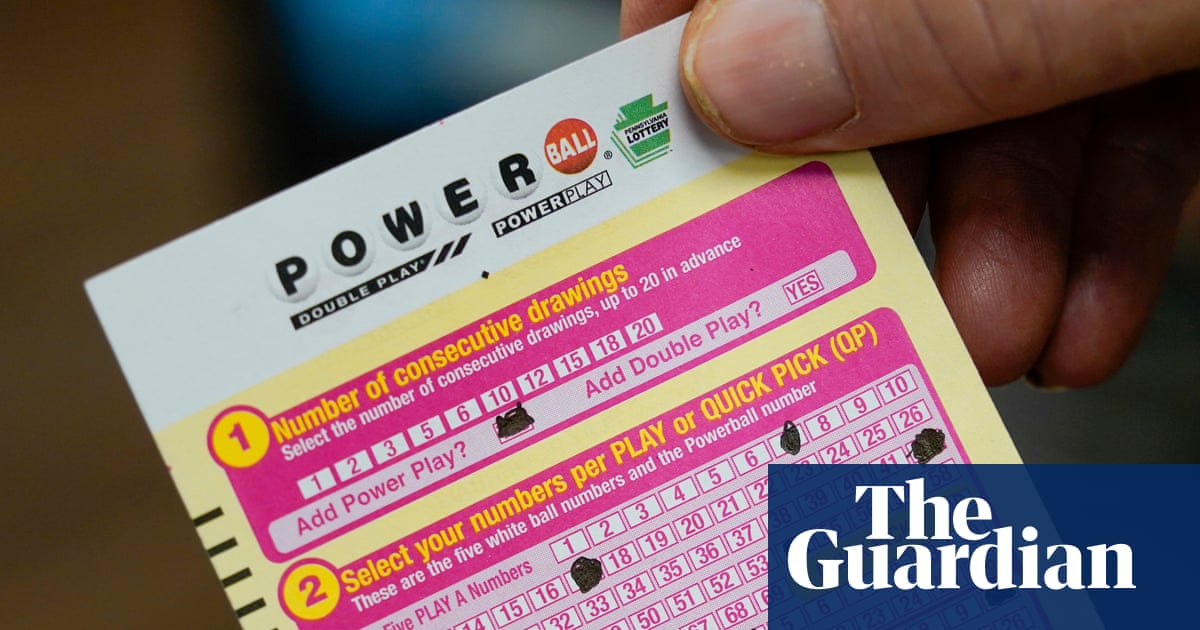For more than a decade, between the late 80s and the dawn of the 21st century, Sega was one of the coolest video game companies on the planet. Its arcade games, from Golden Axe to Virtua Fighter, were blockbuster successes; the Mega Drive brought a punk rock attitude to the home console scene, challenging Nintendo’s family friendly approach with eye-pummelling TV commercials and censor-baiting games such as Mortal Kombat and Night Trap.
Arguably though, it was later, in the Dreamcast era, that Sega’s studios were producing their most innovative and extravagant work. The likes of Jet Set Radio, Crazy Taxi and Space Channel 5 were hypercolourful celebrations of Tokyo pop culture. Now, the man who managed Sega Japan’s developers at that time, Shuji Utsumi, is the CEO of Sega America and Europe – and he has a plan to restore the company to its creative heights.

Utsumi has had a long and varied career in games, starting at Sony with the launch of the PlayStation in 1993, before moving to Sega and then Q Entertainment, Warner Music and Disney Interactive. He returned to Sega in 2019, eventually becoming co-chief operating officer during a challenging period for Sega Europe. “European studios have really amazing IPs, but at the same time there were difficulties,” he says. “I had to work on restructuring the group.” That process meant the cancellation of Creative Assembly’s multimillion dollar online shooter Hyenas, the first of a raft of live service game closures across the industry.
Since becoming CEO of Sega America and Europe in April this year, Utsumi’s approach has been to double down on Sega’s legacy. Last December, the company announced new Crazy Taxi, Jet Set Radio, Golden Axe and Shinobi titles – a treasure trove of classic franchises. At the Game awards in LA last week, Sega also announced the return of Virtua Fighter. “We have some great pillars – such as Sonic, Persona and Yakuza. But at the same time, we have other properties that really show the style, attitude and context of Sega. I think gamers will love it if we do this right. It will be a challenge – there are great expectations – but if we can respond to that, we can get back to being Sega.”

In a recent interview with Eurogamer, Utsumi said he wanted Sega to once again be the rock’n’roll to Nintendo’s pop music. But although little has been revealed about the nature of these returning franchises (will they be reboots of the originals or whole new adventures?), he is adamant that what they won’t be is exercises in nostalgia for nostalgia’s sake. “Gamers loved Sega because we showed a new style, attitude and lifestyle to gamers,” he says. “I want to bring that feeling back. But we are not just a nostalgic company, we need to be innovative. We need to appeal to modern gamers, too. We respect the old IPs but I’m also demanding that the developers think about innovation in each of the projects.
“Our studios are really capable, very technically advanced – and there is a willingness to do that. It’s coming to that time where we must challenge ourselves in the way we used to. We want to come back with that rock’n’roll mindset – only now you can’t just be rock’n’roll, you need maybe hip-hop, too!”
This sounds closer to the attitude of Sega in the Dreamcast era than the teen brat iconography of the Mega Drive days. Utsumi didn’t just shepherd the music obsessed Jet Set Radio and Space Channel 5 into being, he also co-founded Q Entertainment with Tetsuya Mizuguchi, the studio that put dance music at the centre of its design philosophy through titles such as Rez and Lumines. What was it about game development in Tokyo, and especially at Sega, in the late 1990s and early 00s that fostered this sort of creativity?
“At that time Sega was a challenger,” Utsumi says. “PlayStation was very successful so when Dreamcast launched, PlayStation 2 was the target – it was a very cool machine so we had to push our young developers to be creative. The products that came out were very impressive I believe, but you know, PlayStation 2 beat us so I can’t say too much about how successful they were!”

In the last five years there has been a revival of interest in very Japanese-centric game design concepts, at Sega and elsewhere. The huge global success of role-playing adventures such as Yakuza: Like a Dragon, Final Fantasy VII Remake and recently Metaphor: ReFantazio has brought mainstream attention back to the Japanese RPG scene, after years of domination by western franchises such as Assassin’s Creed, Call of Duty and Grand Theft Auto. Why has that happened? “Everyone else was doing first-person shooters – we’re not really good at that, I have to confess!” he jokes. “But we can provide something else that we believe in. Of course we’ll listen to the western audience, but we have a great opportunity to be unique in a Japanese way. I think during Covid a lot of people got into Japanese anime and Korean dramas and music ... I think that audience is still there, we’re really fortunate for that.”
after newsletter promotion
Another change since Covid is the increased presence of video game properties in other media. A third Sonic the Hedgehog movie is in cinemas now, while Like a Dragon: Yakuza, a crime TV series, launched earlier this year on Amazon. It’s not just about the commercial possibilities of extending Sega’s brands; Utsumi thinks there are important creative reasons, too. “These days, you may be watching a film on your mobile phone and then a few seconds later playing a game, and then you’re on TikTok ... users are accustomed to that sort of behaviour. In response, our creators have to have a new mindset for that audience. Our creative talent has to be mixed so that we can capture these trends. Working with animation and movie talent, we get inspired.”

The Sega of 2025 and beyond will be reinvesting in its classic titles – introducing new audiences to Golden Axe, Virtua Fighter and Jet Set Radio instead of merely exhuming them as museum pieces. When I ask about the possibility of new mini consoles based around the Saturn or Dreamcast, he demurs. “I’m not going for the Mini direction. It’s not me. I want to embrace modern gamers.” Sega later clarified that there are no plans for more Minis.
It’s a theme he comes back to time and time again: Sega’s legacy is there, but it must be brought forward. “We are not a retro company,” Utsumi concludes. “We really appreciate our legacy, we value it, but at the same time, we want to deliver something new – otherwise we’ll become history. That’s not what we’re aiming for.”

 2 months ago
38
2 months ago
38













































